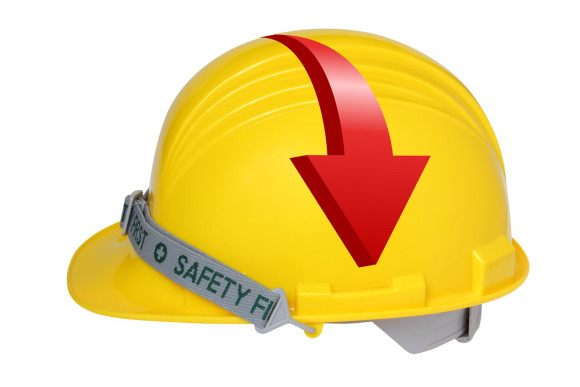After three banner years, the U.S. workers compensation market will face increasing pricing pressure and an erosion in results heading into next year. That means 2019 will be closer to a break-even combined ratio rather than a profitable one, Fitch Ratings said in a new report.
“Pricing pressure will continue going forward, though near-term premium volume will likely benefit from exposure growth as employee payrolls are expanding from higher wages and employment in a period of moderately improving economic growth,” the report states. “Fitch believes that workers compensation will experience some erosion in results going forward.”
Fitch noted that the U.S. workers compensation market in 2017 produced a 92.3 combined ratio, the third consecutive year of combined ratios below 100 instead of previous periods that produce long-term underwriting losses. The workers compensation combined ratios in 2015 and 2016 were 95.4 and 95.6, respectively.
This winning streak won’t change in 2018, during which Fitch said the market can still produce underwriting profits. That’s because there are a lot of positive performance drivers in play at present, including underwriting exposure growth, a continued decline in claims frequency rates, and also conservative reserve levels. Fitch said that favorable loss reserve redundancies will happen over the next few years, but less than they did in 2017.
Fitch said that there are also factors in play that can negatively affect future performance, such as premium rate pressure, increasing medical loss severity and the erosion of past reform benefits in key states. The ratings agency noted that market direct premium volume in 2017 dipped by 30 bps from the year before, to $56 billion. This was the first year of lower market premiums since 2010, the report stated. Also, net written premiums fell by 1.3 percent over the same timespan because of larger reinsurance cessions, Fitch said.
“Premium revenue weakness, along with greater technology-related spending, has led to higher expense ratios, which have risen two points since 2014 for the industry,” Fitch said in its report summary.
Fitch said it is keeping a negative sector outlook for U.S. commercial lines insurers, “based on competitive factors and near-term profit expectations.” Most, however, have stable outlooks, according to the ratings agency.
Source: Fitch Ratings: Workers Compensation Market Update: Standout Performer in Commercial Lines
Topics USA Workers' Compensation Talent
Was this article valuable?
Here are more articles you may enjoy.



 The $10 Trillion Fight: Modeling a US-China War Over Taiwan
The $10 Trillion Fight: Modeling a US-China War Over Taiwan  Fingerprints, Background Checks for Florida Insurance Execs, Directors, Stockholders?
Fingerprints, Background Checks for Florida Insurance Execs, Directors, Stockholders?  A 10-Year Wait for Autonomous Vehicles to Impact Insurers, Says Fitch
A 10-Year Wait for Autonomous Vehicles to Impact Insurers, Says Fitch  Insurance Broker Stocks Sink as AI App Sparks Disruption Fears
Insurance Broker Stocks Sink as AI App Sparks Disruption Fears 

